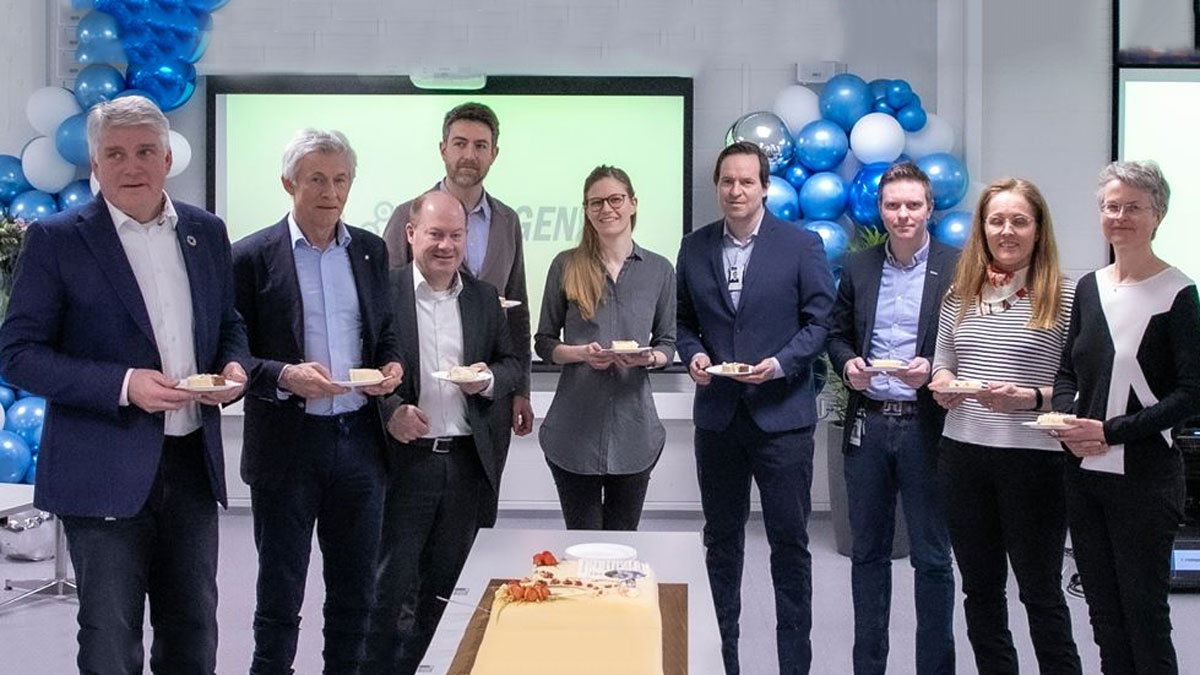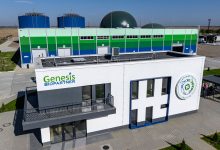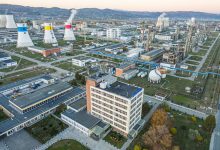HYDROGENi to Contribute to the Green Shift and Job Creation in Norway
On 11 March 2022, the Norwegian Minister of Petroleum and Energy announced the Research Council of Norway’s investment of NOK 200 million (EUR 20,271,400) in HYDROGENi: a new centre for environment-friendly energy research (FME) dedicated to hydrogen and ammonia.
This eight-year centre shows its business relevance by having enlisted a strong cluster of over 50 industrial and academic partners, and innovation from the centre’s research is expected to be a key driver of the green shift in Norway, as well as create jobs and build expertise.
“Hydrogen is a prerequisite for the energy transition globally, in Europe and in Norway. It will add strategic autonomy to the energy system, a highly relevant topic in Europe today. Hydrogen can make the energy system more resilient, but also help us achieve our net-zero target by 2050,” says Alexandra Bech Gjørv, CEO of SINTEF.
“Hydrogen produced from electricity or natural gas is a growing industry that requires new knowledge and competence. HYDROGENi will conduct research on how to build a sustainable hydrogen economy and educate competent candidates on an unprecedented scale in Norway,” says Anne Borg, rector at the Norwegian University of Science and Technology (NTNU).
Hydrogen as a main driver of the green shift
Previously, hydrogen’s role in the energy transition was thought to be a clean alternative to fossil fuels in heat and electricity production. However, due to its versatility, it can also replace fossil fuels in both other industrial processes, such as coal in the steel industry, and in the transport applications, such as the maritime sector. Therefore, hydrogen is now considered to be one of the main drivers of the green shift.
However, in order to realise hydrogen’s full potential, there are numerous knowledge and technical gaps that need to be filled. HYDROGENi aims to do just that.
“We are establishing the largest ever academic research programme in an FME by educating 35 PhD/postdoc students and over 100 MSc/BSc candidates. Their expertise will contribute to industry, the government and academic, enhancing the HYDROGENi’s lasting impact,” says Nils Røkke, Executive Vice President of Sustainability at SINTEF Energy Research and Director of HYDROGENi.
Norway as an exporter of sustainable energy
HYDROGENi will help pave Norway’s way to becoming an exporter of sustainable energy. While the centre will be led by Nils Røkke of SINTEF, its activities will be a collaborative effort from over 50 Norwegian and European partners that cover the entire hydrogen value chain.
Industry comprises a significant part of HYDROGENi’s consortium, and their support indicates both the centre’s significance and its potential: “The strong support from industry demonstrates the relevance of the centre’s thematic activities, with its unparalleled international network and links. We aim to establish HYDROGENi as a lighthouse for European research within the area of hydrogen, building upon our sizeable portfolio of EU-funded programmes and initiatives that create true added value,” says Røkke.
HYDROGENi will spearhead research and innovations
HYDROGENi will spearhead the research and innovations needed to meet the 2030 and 2050 goals of the Norwegian hydrogen roadmap.
Its work to build a sustainable hydrogen economy will focus on four main research areas:
1.Cost-efficient and scalable production,
2.Transport and storage in Norway and Europe,
3.End-use technologies, and
4.Safety and material integrity.
“We need to build on our natural assets and hard-earned experience and expertise in order to deliver on our stated goals when it comes to hydrogen. Implementing effective and low-footprint hydrogen and ammonia production in energy-intensive sectors, in a manner that is safe and acceptable, will be key,” adds Røkke.
About SINTEF
SINTEF is one of Europe’s largest independent research organisations. SINTEF is a broad, multidisciplinary research organisation with international top-level expertise in the fields of technology, the natural sciences, medicine, and the social sciences. They conduct contract R&D as a partner for the private and public sectors, and they are one of the largest contract research institutions in Europe.







